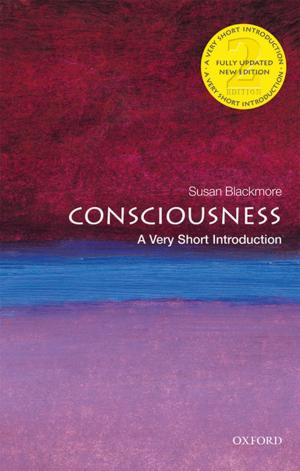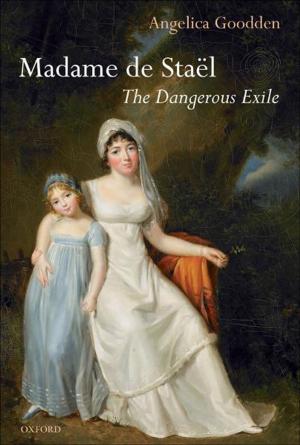Family and Business during the Industrial Revolution
Nonfiction, History, British, Social & Cultural Studies, Social Science| Author: | Hannah Barker | ISBN: | 9780191089152 |
| Publisher: | OUP Oxford | Publication: | December 22, 2016 |
| Imprint: | OUP Oxford | Language: | English |
| Author: | Hannah Barker |
| ISBN: | 9780191089152 |
| Publisher: | OUP Oxford |
| Publication: | December 22, 2016 |
| Imprint: | OUP Oxford |
| Language: | English |
This is an open access title available under the terms of a CC BY-NC-ND 4.0 International licence. It is free to read at Oxford Scholarship Online and offered as a free PDF download from OUP and selected open access locations. Small businesses were at the heart of the economic growth and social transformation that characterized the industrial revolution in Britain. In towns across north-west England, shops and workshops dominated the streetscape, and helped to satisfy an increasing desire for consumer goods. Yet despite their significance, we know surprisingly little about these firms and the people who ran them, for whilst those engaged in craft-based manufacturing, retailing, and allied trades constituted a significant proportion of the urban population, they have been generally overlooked by historians. Instead, our view of the world of business is more usually taken up by narratives of particularly successful firms, and especially those involved in new modes of production. By examining some of the forgotten businesses of the industrial revolution, and the men and women who worked in them, Family and Business during the Industrial Revolution presents a largely unfamiliar commercial world. Its approach, which spans economic, social, and cultural history, as well as encompassing business history and the histories of the emotions, space, and material culture, alongside studies of personal testimony, testatory practice, and property ownership, tests current understandings of gender, work, family, class, and power in the late eighteenth and early nineteenth centuries. It provides us with new insights into the lives of ordinary men and women in trade, whose relatively mundane lives are easily overlooked, but who were central to the story of a pivotal period in British history.
This is an open access title available under the terms of a CC BY-NC-ND 4.0 International licence. It is free to read at Oxford Scholarship Online and offered as a free PDF download from OUP and selected open access locations. Small businesses were at the heart of the economic growth and social transformation that characterized the industrial revolution in Britain. In towns across north-west England, shops and workshops dominated the streetscape, and helped to satisfy an increasing desire for consumer goods. Yet despite their significance, we know surprisingly little about these firms and the people who ran them, for whilst those engaged in craft-based manufacturing, retailing, and allied trades constituted a significant proportion of the urban population, they have been generally overlooked by historians. Instead, our view of the world of business is more usually taken up by narratives of particularly successful firms, and especially those involved in new modes of production. By examining some of the forgotten businesses of the industrial revolution, and the men and women who worked in them, Family and Business during the Industrial Revolution presents a largely unfamiliar commercial world. Its approach, which spans economic, social, and cultural history, as well as encompassing business history and the histories of the emotions, space, and material culture, alongside studies of personal testimony, testatory practice, and property ownership, tests current understandings of gender, work, family, class, and power in the late eighteenth and early nineteenth centuries. It provides us with new insights into the lives of ordinary men and women in trade, whose relatively mundane lives are easily overlooked, but who were central to the story of a pivotal period in British history.















